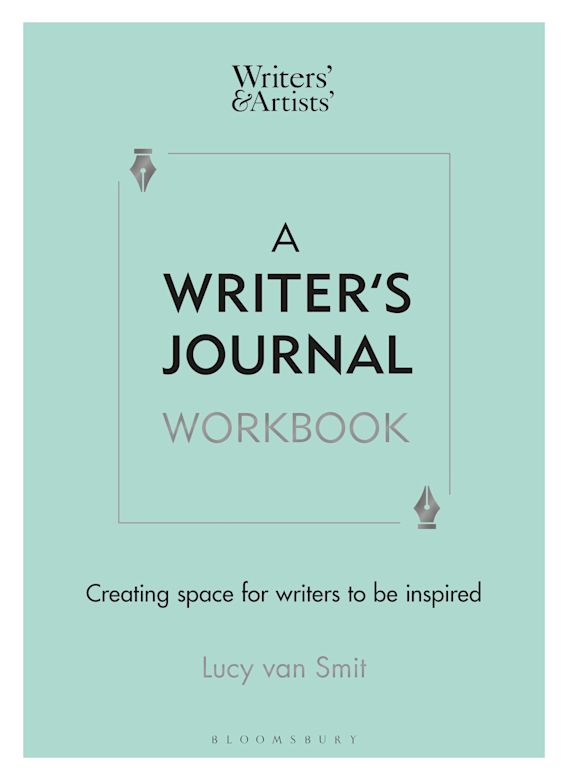Leaning to appreciate our voice as a writer is a difficult task. Try this exercise taken from A Writer's Journal Workbook.

STEP ONE:
Learn to appreciate your own voice. Our voices are often lively and engaged when we talk, but when we come to use our voice for writing we get hung up on the idea of writing ‘properly’ and all the energy goes out of our words.
There’s a story of a prison whose inmates wrote vivid, funny letters to the writing tutor, begging for a place on his workshop. But in class, the life went out of their writing. And nothing the tutor said could persuade the prisoners to value how they spoke in real life and to use their authentic voices in their writing.
In Nomadland – an Oscar-winning film based on a book about transients or travellers – the ‘actors’ were mostly real people, and they couldn’t believe that their voices or their stories mattered. Your voice and your stories matter.
Grab your phone and record your natural speaking voice. Play it back and listen to it. How do you sound? Do you sound different to the voice you hear in your head? Does it make you cringe? Or do your like the sound of your voice?
STEP TWO:
Record your conversations with other people. Just leave your phone on record, with their permission, as you and your flatmates or your family cook and eat dinner.
STEP THREE:
Record your voice when you speak to your mother or a sibling on the phone.
STEP FOUR:
Go for a walk and listen to your recordings. Familiarise yourself with how you speak. Be curious, not judgemental. What do you notice?
• Do you interrupt or get interrupted? Do you ever get told to be quiet?
• Do you complain a lot, or nag? Or apologise too much?
• Were you told to be ‘good’ when you were younger?
***
Lucy van Smit is an award-winning author, a screenwriter, and an artist who regrets selling off most of her paintings to pay the rent. After boy trouble, Lucy dropped out of Art School for a year, ran away to New York and dared herself to sell encyclopaedias door-to-door in America. She got her BA Hons in Fine Art, blagged a job in TV, travelled worldwide for NBC News, flew on Air Force One with President Reagan, got surrounded by tanks at Manila airport during a coup, before she chilled and made documentaries for Canadian TV on writers like John Le Carre and Ian McEwan. Lucy is dyslexic with a Distinction in MA Creative Writing. Her debut YA novel The Hurting (Chicken House) won the inaugural Bath Children’s Novel Award. One of six siblings, Lucy lives in London.
Comments